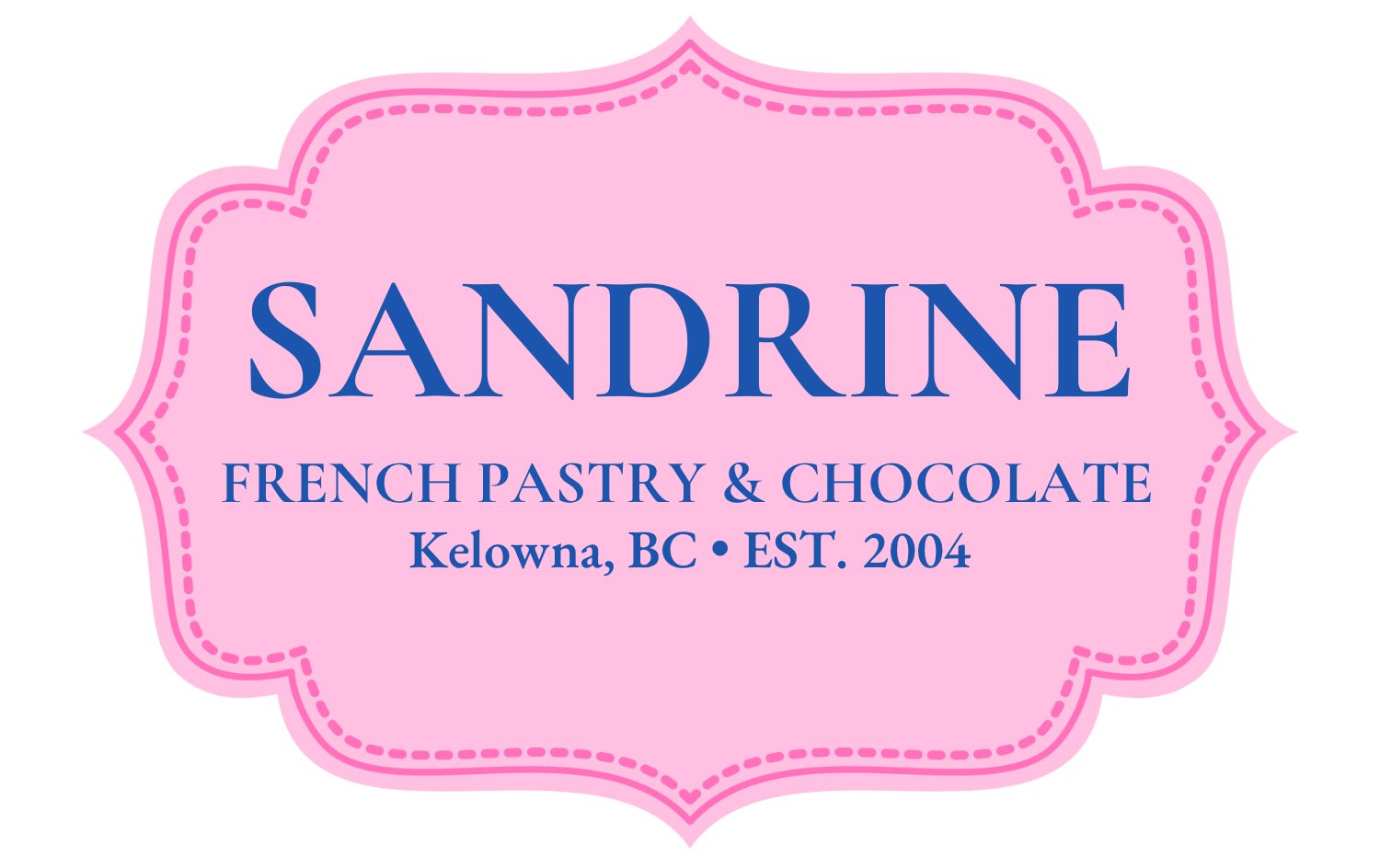Article: Over-Brewing Coffee? Here's How to Get It Right
Over-Brewing Coffee? Here's How to Get It Right
The Common Issue of Over-Brewing Coffee
You've carefully selected your coffee beans, ground them to perfection, and followed all the steps to make a great cup of coffee. But when you take that first sip, instead of the rich and smooth flavors you expect, you're met with an unpleasantly bitter, harsh taste. What went wrong? The culprit could be over-brewing.
Over-brewing happens when coffee grounds are in contact with water for too long. During this extended extraction, water continues to pull out compounds from the coffee, including those that contribute to bitterness and astringency. Instead of a balanced brew with sweet, rich notes, you end up with a coffee that feels overworked, too strong and unpleasant to drink.
The Frustration of Bitter Coffee
You’re excited for your first cup of the day, expecting it to provide that perfect balance of boldness and flavor. But instead, your morning coffee leaves you wincing from the sharp, bitter aftertaste. No amount of sugar or cream can fix the overpowering bitterness. Your once-pleasurable coffee routine feels more like a chore.
This bitterness happens because, over time, coffee extraction goes through stages. The initial stage pulls out the bright, fruity, and sweeter flavors. But when the grounds are steeped or brewed for too long, the water begins extracting bitter compounds like tannins and oils that dominate the delicate flavors. Over-brewing turns what should be a refreshing, energizing cup into a harsh, unpleasant experience.
You might try to brew a stronger cup by letting the coffee steep longer, thinking it will create a bolder flavor. However, this can quickly backfire, leading to bitterness and losing the complexity that makes coffee enjoyable.
How to Prevent Over-Brewing and Achieve a Balanced Cup
The good news is, over-brewing is easy to avoid once you understand the process. With just a few adjustments, you can ensure that your coffee is smooth, balanced, and free from bitterness every time you brew.
Steps to prevent over-brewing and enjoy better coffee:
-
Match brew time to the brewing method:
- Drip coffee makers: Brewing time should last around 4-6 minutes. If your drip coffee machine is brewing for much longer than this, the coffee will likely become bitter.
- French press: Let the coffee steep for 4 minutes maximum before pressing down the plunger. Longer than that, and you’ll risk over-extracting the grounds.
- Pour-over: Aim for a 2-4 minute brew time. The key is to pour steadily and evenly to avoid letting the water sit in contact with the grounds for too long.
- Espresso: The shot should pull in 20-30 seconds. Anything longer, and the espresso will start to taste overly strong and bitter.
-
Use the correct grind size:
- Grind size plays a huge role in brew time. Finer grinds extract more quickly, while coarser grinds take longer. If you’re over-brewing, your grind size might be too fine for your brewing method.
- For example, a French press needs a coarse grind, while an espresso machine needs fine grounds. Matching the grind to the method will help you avoid bitterness.
-
Control your water temperature:
- Water that’s too hot (above 205°F / 96°C) can lead to over-extraction and a bitter taste. Keep your water temperature between 195°F and 205°F (90°C - 96°C) for optimal brewing.
- If you don’t have a thermometer, let your water cool for about 30 seconds after boiling before pouring it over the grounds.
-
Measure your coffee-to-water ratio:
- Too much coffee for too little water can easily lead to over-extraction. Stick to the golden ratio of 1:15 or 1:16—that's one gram of coffee per 15-16 grams of water. This ensures a balanced extraction and prevents bitterness.
- For example, use two tablespoons of coffee for every 6 ounces of water when brewing a single cup.
-
Stop the brew at the right time:
- With methods like drip coffee or pour-over, the brewing process should be cut off as soon as the water has passed through the grounds. Leaving the coffee to sit too long on a hot plate can keep extracting unwanted compounds, leading to a bitter brew.
Benefits of avoiding over-brewing:
- Balanced flavors: By controlling brew time, you’ll enjoy a coffee with rich, complex notes rather than overpowering bitterness.
- Smoother texture: Properly brewed coffee is smoother and less harsh on the palate, making it more enjoyable to drink.
- Full extraction of natural sweetness: When you avoid over-brewing, you give your coffee the chance to shine, bringing out its natural sweetness and subtle flavors without overshadowing them with bitterness.
Key Takeaways for Preventing Over-Brewing:
- Control brew time: Stick to recommended brewing times for each method to avoid over-extraction.
- Use the correct grind size: Match the grind to your brewing method for an even extraction.
- Watch water temperature: Brew with water between 195°F and 205°F to prevent bitterness.
- Get the coffee-to-water ratio right: Use the correct proportions to achieve balanced, flavorful coffee.
By paying attention to brew time, grind size, and water temperature, you can say goodbye to bitter, harsh flavors and start enjoying a perfectly balanced cup of coffee every time. Over-brewing may seem like a small mistake, but with the right adjustments, your coffee can go from frustratingly bitter to delightfully smooth and flavorful.
